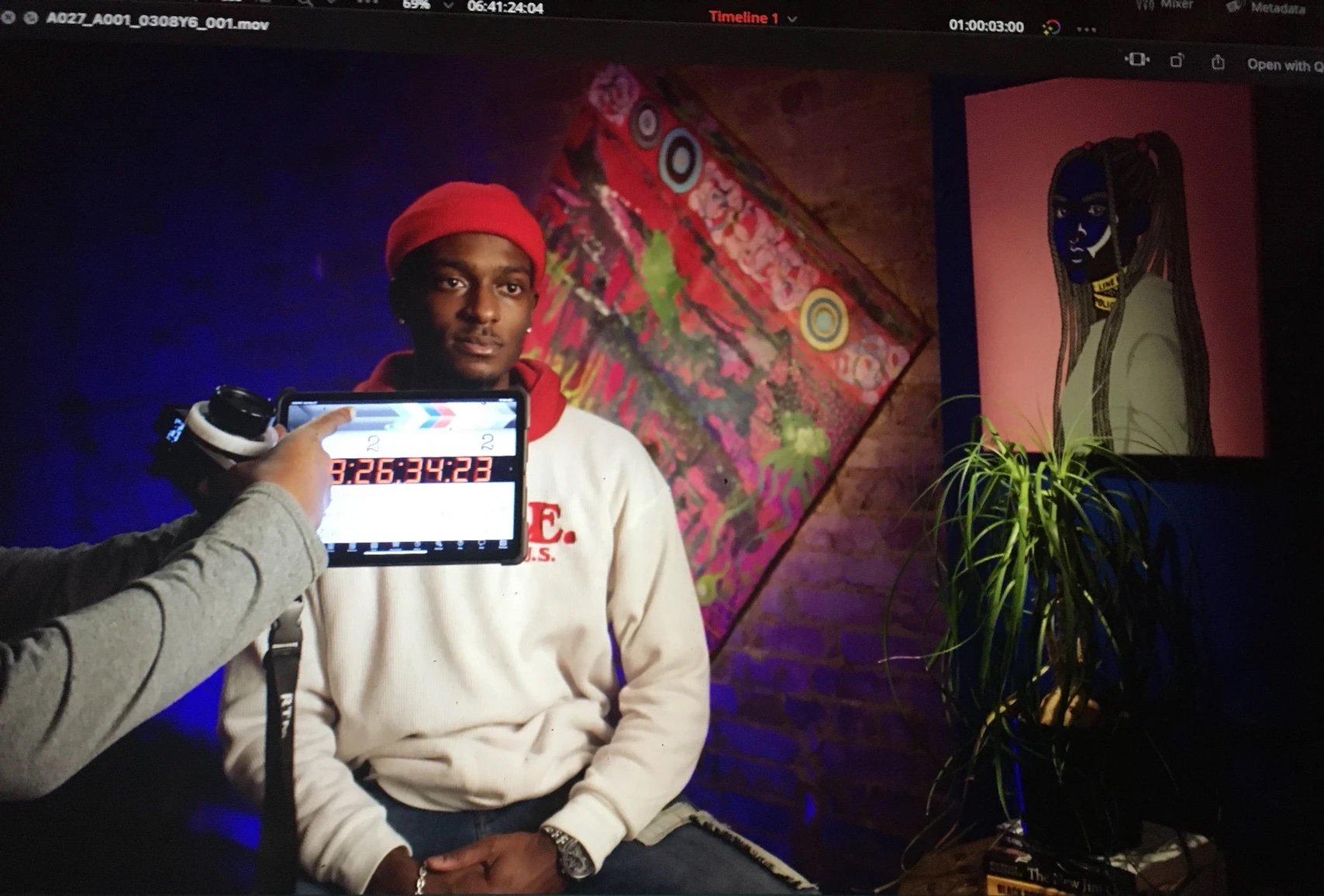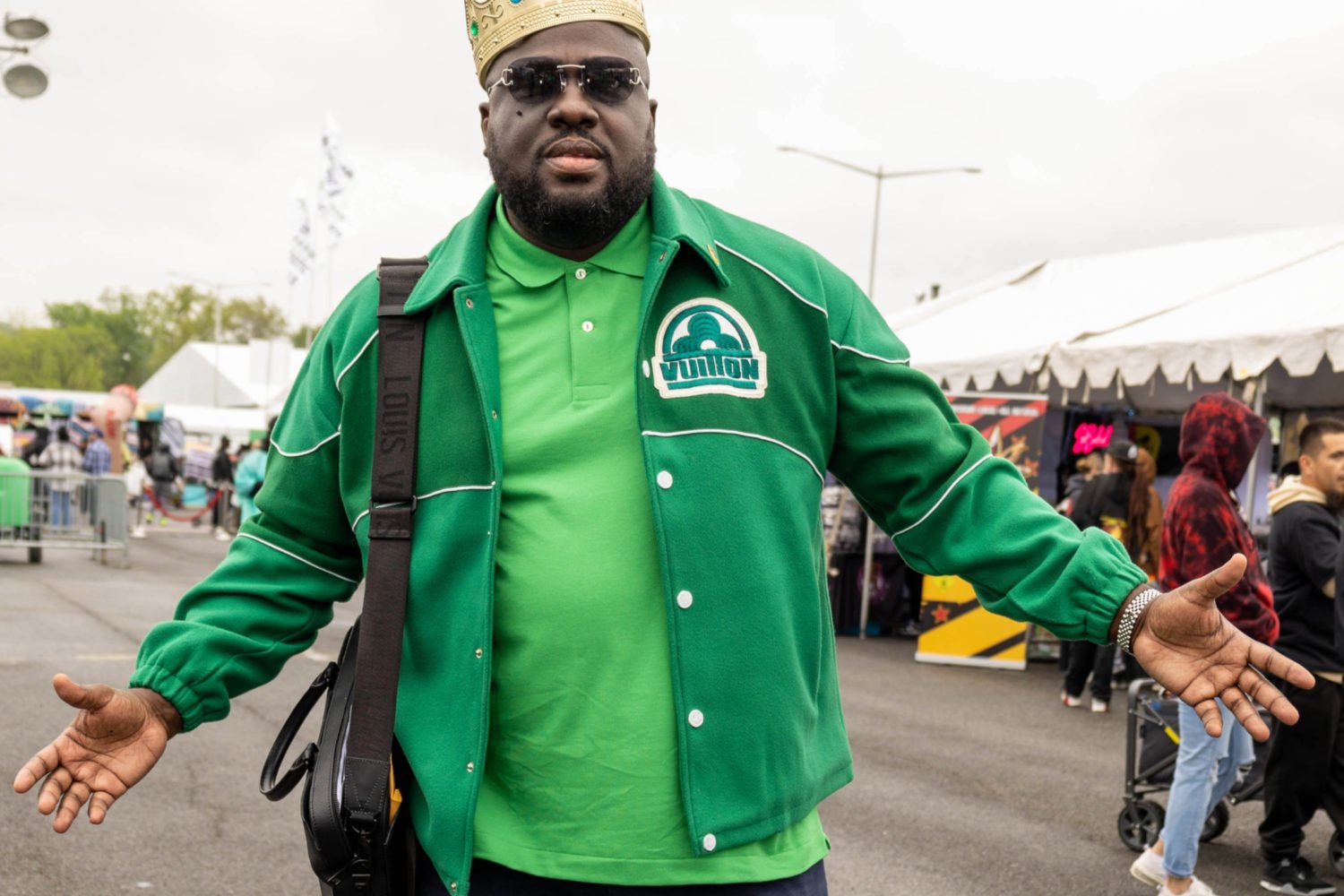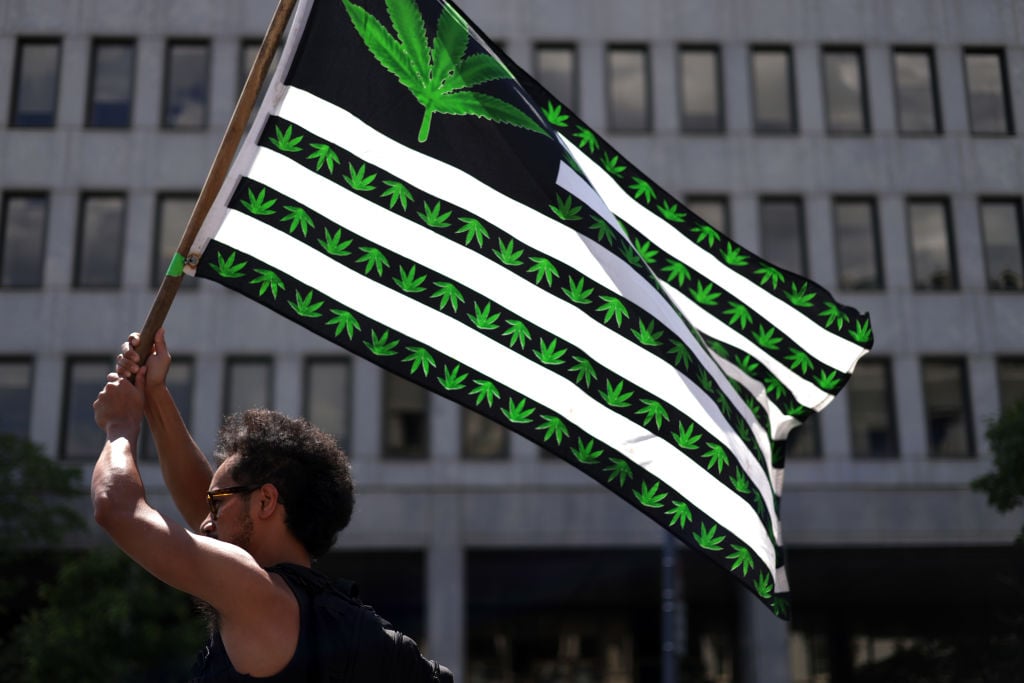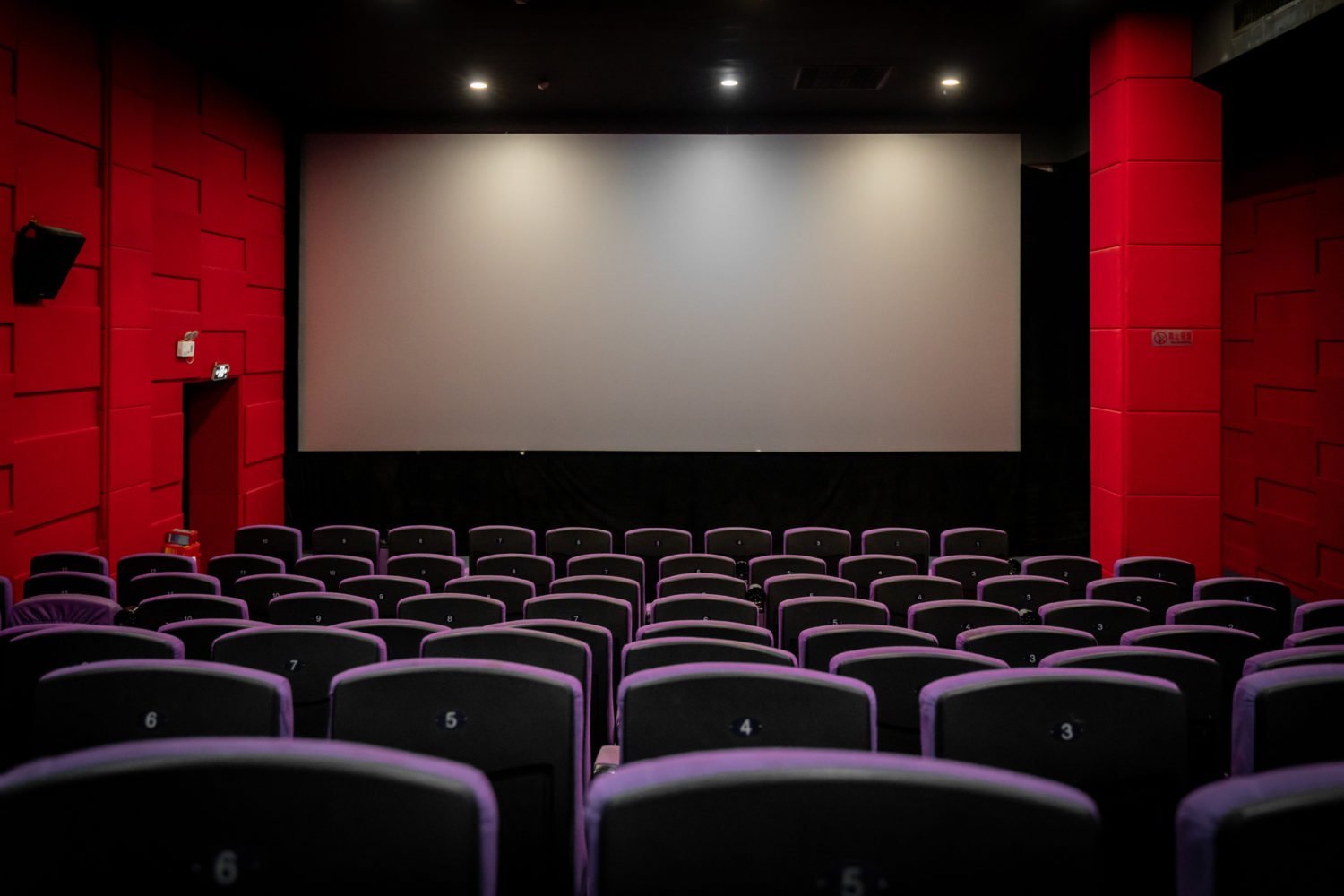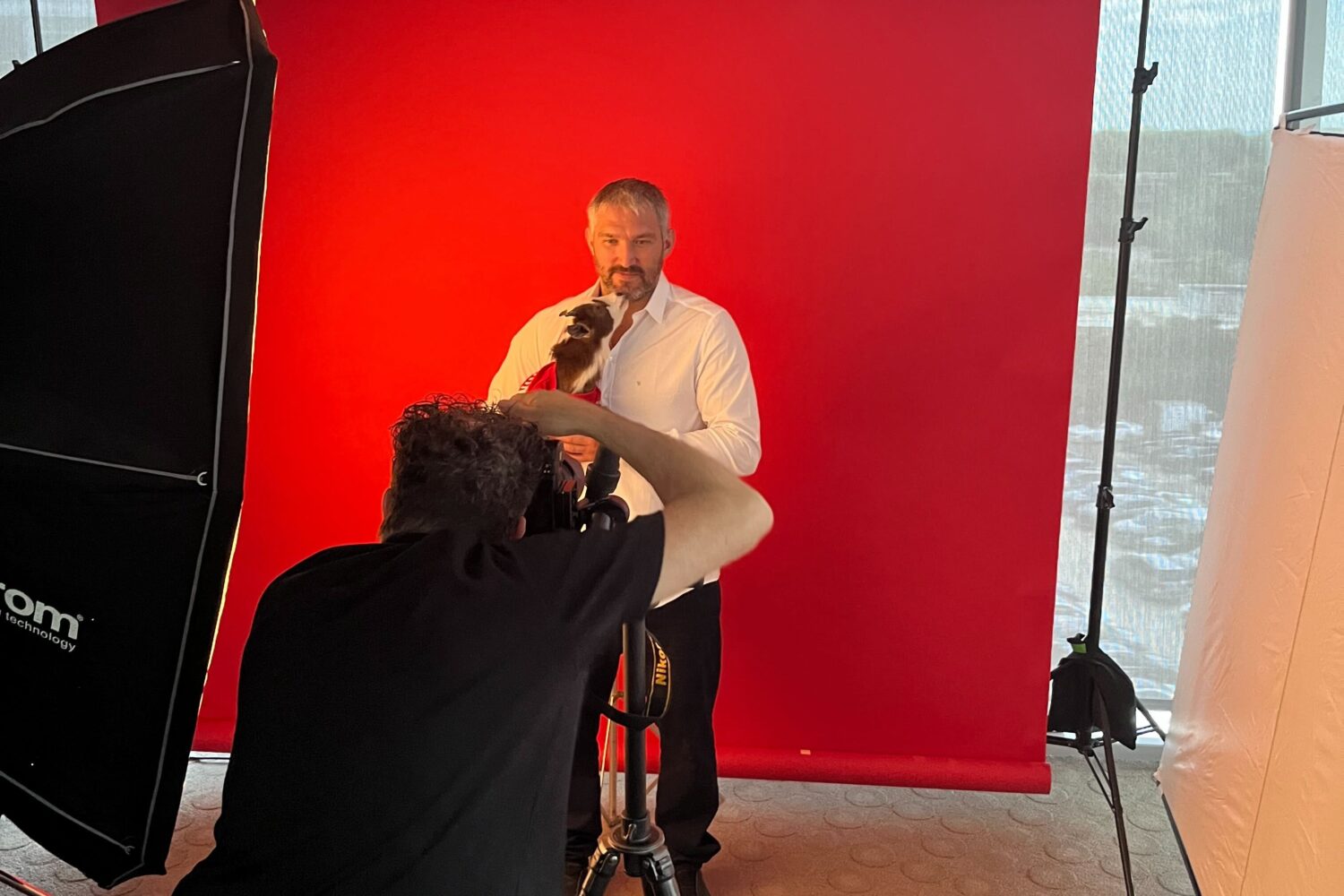There are two stories at the heart of the new documentary Higher Power: The first is how many Black Washingtonians have carved out space for themselves and their businesses after DC voted to legalize cannabis nine years ago. The second is how Congress has thwarted local democracy, creating the weird limbo the DC recreational-cannabis market occupies to this day: Weed is legal, but you can’t acquire it the way you’d buy anything else.
“Really, in DC, if you’re talking about cannabis legalization, you can’t talk about that without talking about statehood,” says Rafi Aliya Crockett, a regulator for the District’s Alcoholic Beverage and Cannabis Administration, who produced the film alongside director Dewey Ortiz Jr. “Most people who live in states don’t know what it means to not live in a state,” Ortiz says.
[su_youtube url=“https://www.youtube.com/watch?v=XANy2BpWG1k&t=5s”]
Thus, Higher Power intersperses the stories of multiple DC residents with interviews with politicians such as Eleanor Holmes Norton and former DC Councilmember David Grosso, who explain the political dynamics that help DC’s gray market persist.
Crockett and Ortiz began planning their film more than five years ago. He’s written and directed a web series about domestic abuse called Survivor Stories and a short film about teenagers escaping violence called The Runaways. Crockett pitched him the idea—the pair used to date—in 2018, and they produced it throughout the pandemic, during which the storyline changed a lot. DC’s adult-use market was once dominated by delivery and pickup services, for instance, and now thanks to commercial real estate woes, storefront operations have become much more common.
“We almost had to go backwards a bit and interview people with a new set of questions,” Ortiz says. They purposely concentrated on the recreational market, though the film features medical-dispensary insiders as well. “We just could not put all of that in the film and focus on adult sales and focus on decriminalizing our communities and racial justice and statehood,” Crockett says.
Nor were they able to spend much time on legislation passed by the DC Council late last year that provides a pathway for recreational dispensaries to become medical providers. “It’s very different than making a documentary from a historical perspective where everything has more or less already happened,” Ortiz says.
Ortiz and Crockett’s film will make its debut Wednesday as part of the run-up to the National Cannabis Festival. Then, it’s on to the film-festival circuit, Ortiz says, followed by a planned theatrical run and eventually streaming services. He has a narrative project in the works, as well as a documentary about his family.
Crockett says Higher Power will mark the beginning and end of her film career: “I’m never making another film,” she laughs. “What she doesn’t realize is that she has been the best producer I’ve ever worked with,” Ortiz says. “And so I am going to be coming back at some time.”
Higher Power will show at Landmark’s E Street Cinema at 7 PM on Wednesday, April 19. RSVP here.

